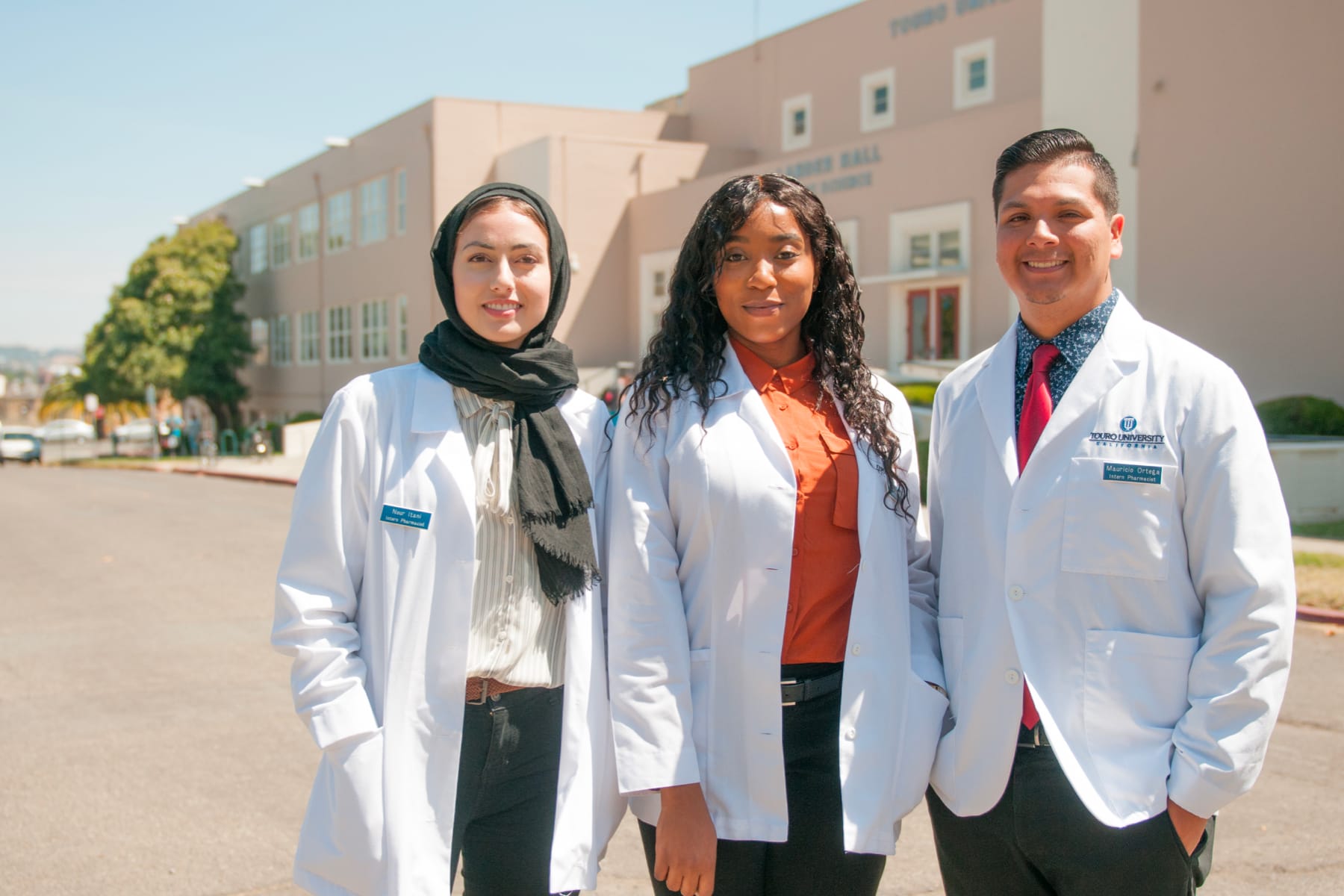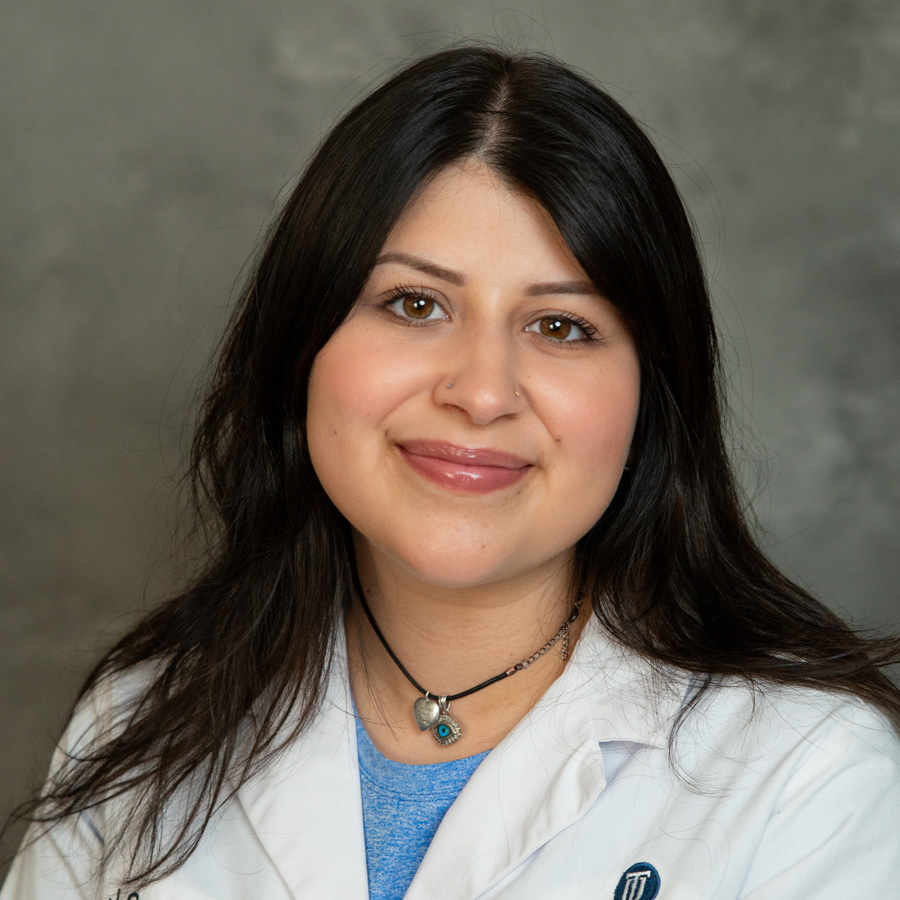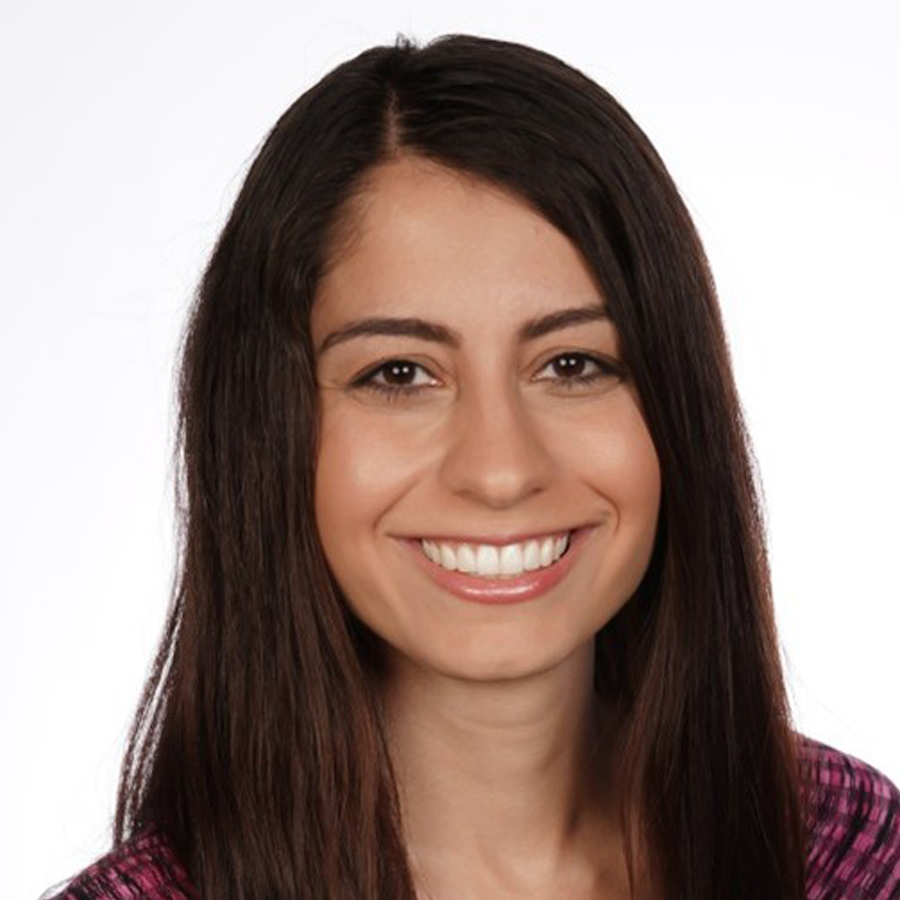
PharmD
Our PharmD-in-3 program integrates medications, disease states, science, and skills while personalizing your education through elective course offerings.
We use a unique competency-based education structure to ensure students’ progress and excel. An integrated curriculum promotes study across subjects and disciplines, creating a holistic learning process.
On this page, find information on the PharmD program's Highlights, Application & Aid, Outcomes, Testimonials, Curriculum, and Class Demographics.
Highlights
Our PharmD didactic program uses an extended 19-week semester. More time = more learning and deeper understanding. Our experiential program is divided into two parts, each with increasing levels of responsibility and clinical maturity. In our 3-year program, you’ll engage in 7 advanced practice experiences as well as:
- Collaborate with fellow health professions students to serve the community in our Student-Run Free Clinic, Mobile Diabetes Education Center, and more.
- Learn in a student-centered, interactive learning environment that is cooperative rather than competitive.
- Develop technical and professional skills in our JV Long Foundation Pharmacy Practice Center.
- Integrated courses based on ‘organ systems’ are offered in block format so you learn everything about medications, disease states, and science one system at a time.
- Designated assessment and, when needed, re-assessment, to ensure all students have the chance to achieve competency with course content.
- Classroom and rotation-based electives help students individualize their learning.
- 300 hours of introductory practice hours built into the curriculum.
- Seven 6-week advanced practice rotations to maximize hands-on training.
- Graduate 1 year earlier than most programs so you can practice as a pharmacist sooner.
- The 2023-24 tuition will be $67,440.
Application & Aid
Program Start: Fall
Program Length: 3 Years
Admissions Requirements & Deadline: View Admissions Information
Tuition & Aid: View Available Scholarships & Aid
All the information you need to apply can be found on the College of Pharmacy Admissions page.
Outcomes
Today there are more opportunities for pharmacists to work in diverse settings with an increasing scope of practice. Our graduates work in a variety of settings including hospitals, community pharmacies, compounding pharmacies, drug manufacturing companies, own their own pharmacies, teach, and conduct research, to name a few.
Testimonials

Dr. Richie Dueñas, PharmD, Class of 2009
“One thing I’m very grateful for is my relationship with the University. I partner with the University on a number of different things from the pandemic to community-based projects, and having that kind of connection opened up a lot of opportunities, I think both ways, for us. So whether you’re interested in a career change, or you’re just looking to participate in some of the community events that Touro does, I think it definitely shaped my career and being more community-based rather than just solely based on my business or just solely based on my work.”

Jesscina Crawford, Class of 2026
“I noticed the class sizes were a little bit smaller than other schools. It wasn’t as crowded, and when I decided to apply, I was able to meet all the faculty, from there, I automatically knew that I wanted to be at Touro because of how great the Faculty is.”

Shadi Doroudgar, PharmD, APH, BCPS, BCGP, BCPP, Faculty
“The dedicated Faculty and Staff here on campus, pretty much every single individual is committed to student growth, student progression, and helping the students achieve their goals, post-graduation. So not just through the program, but after they graduate. And I think that's really unique.”
Curriculum Overview
Year 1
The first year of the pharmacy program (P1) starts Fall Semester with a University Orientation followed by a College of Pharmacy orientation called “Starter Dose for Success”, a 1-unit course to help students transition to pharmacy. Two block courses focus on Foundational Learning (Foundations I & II) needed for the integrated courses that follow. The first integrated course, Integrated Systems 1 (Immunology, Musculoskeletal, Inflammation & Dermatology), aligns with longitudinal courses such as Pharmacy Administration 1, Pharmacy Patient Care Skills and Integrated Problem Solving 1, Pharmacy Formulations and Drug Delivery 1, and Top 200 Medications. For the Fall Session there are three block assessments followed with an opportunity for re-assessments. Interprofessional and Co-curricular courses span the length of P1 Fall and Spring Sessions.
The Spring Session continues with a mix of block and longitudinal courses. Block courses such as Integrated Systems 2 (Respiratory, Eyes, Ears, Nose and Throat), Integrated Systems 3 (Gastrointestinal, Renal and Liver), and Integrated Systems 4 (Cardiovascular) align with longitudinal courses such as Pharmacy Administration 2, Pharmacy Patient Care Skills and Integrated Problem Solving 2, and Pharmacy Formulations and Drug Delivery 2. Elective courses span the length of the Spring Session with focused time occurring during re-assessment weeks. For the Spring Session there are three blocks for assessments and re-assessments. Community and hospital introductory rotations take place during the Summer Session between P1 and the second year of the pharmacy program (P2).
Year 2
The Fall Session of the P2 year follows the same block and longitudinal pattern as P1. Block courses include Integrated Systems 5 (Endocrine), Integrated Systems 6 (Neurology), and Integrated Systems 7 (Bacterial Foundations and Bacterial Applications). Longitudinal courses include Pharmacy Administration 3, Pharmacy Patient Care Skills and Integrated Problem Solving 3, Pharmacy Formulations and Drug Delivery 3 and Electives. For the Fall P2 Session there are three block assessments and re-assessments that include time for focused elective time. For the Fall and Spring Sessions Interprofessional and Co-curriculum courses span P2.
The Spring Session of the P2 year includes block courses such as Integrated Systems 8 (Fungal, Viral and Opportunistic), Integrated Systems 9 (Oncology), and Integrated Systems 10 (Psychiatry and Reproductive, Special Populations and Advanced Immunology) alongside longitudinal courses such as Pharmacy Administration 4, Pharmacy Patient Care Skills and Integrated Problem Solving 4, and Electives. For the Spring Session there are three block assessments and re-assessments including time for focused electives.
The Summer Session begins the advanced pharmacy practice experiences (APPEs) that occur in six-week blocks and are accompanied by professional development.
Year 3
The Fall and Spring Sessions of the third year of the pharmacy program (P3) include seven, 6-week APPEs alongside Professional Development for a total of eight APPEs that culminate with graduation at the end of the Spring Session.
